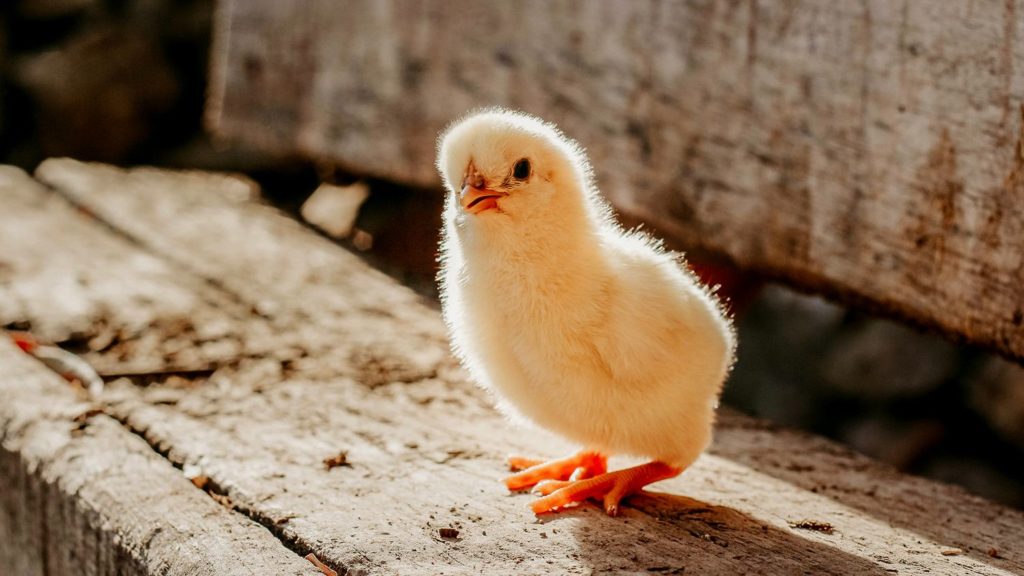A chick culling ban draft law has been approved by Germany. If passed, it would end the practice of chick culling from 2024.
Per Julia Klöckner, Germany’s agriculture minister, the move would make the country the first-ever to end the mass killing of male chicks in the egg industry, reports the Guardian.
Male chicks are often disposed of quickly in egg production. Put simply, this is because they provide no use to the industry. Male chickens, known as roosters or cocks, cannot lay eggs. They also cannot be sold on to the meat industry, because they do not have the right body structure. As a consequence, they are killed en masse within hours of hatching. Approximately 7 billion male chicks are killed every year in the egg industry.
Most common methods of killing male chicks include shredding and gassing. But times appear to be changing. Last year, France announced that, in partnership with Germany, it would ban the process of live-shredding chicks. Switzerland also banned the process of shredding, but gassing is still allowed. The new draft law in Germany would ban all methods of culling.
Announcing the ban, Klöckner said that the draft law would be a “significant step forward for animal welfare.” The legislation has been passed by the cabinet; it now moves to the lower house of parliament, called the Bundestag.

Becoming a ‘Role Model’
Part of the reason for Germany’s ban is the development of technology that allows egg producers to be able to tell the sex of an embryo before the chick hatches.
In 2018, the first no-kill eggs went on sale in the country, thanks to a technology called SELEGGT.
Created by Leipzig University scientists, who received roughly €5 million in funding for the project, SELEGGT lasers a small hole into the egg shell. This allows for a tiny amount of liquid to be extracted, which is then tested for hormones only present in female chickens.
Speaking earlier this week, Klockner said: “We have invested millions of euros in alternatives, bringing animal welfare and economic efficiency together on German soil.” She added that Germany wanted to “set the pace” on this issue, and be a “role model.”
It’s important to note that the draft law is progress, but it by no means guarantees that the female chickens who do survive have a cruelty-free life. Factory farmed hens live in confined, cramp conditions, and they must lay eggs at an unnatural rate.
As explained by Martin Rücker, the director of European advocacy group Foodwatch, to the Guardian: “This will change absolutely nothing about the unbearable suffering of laying hens.”


